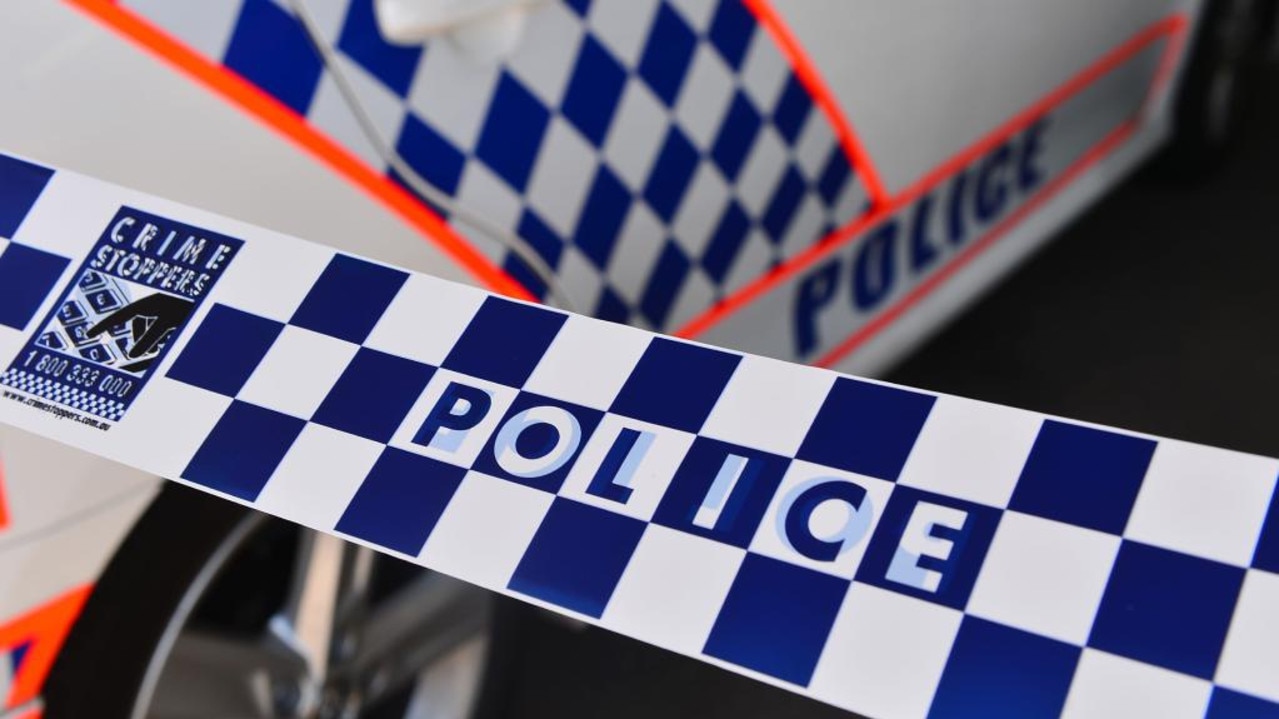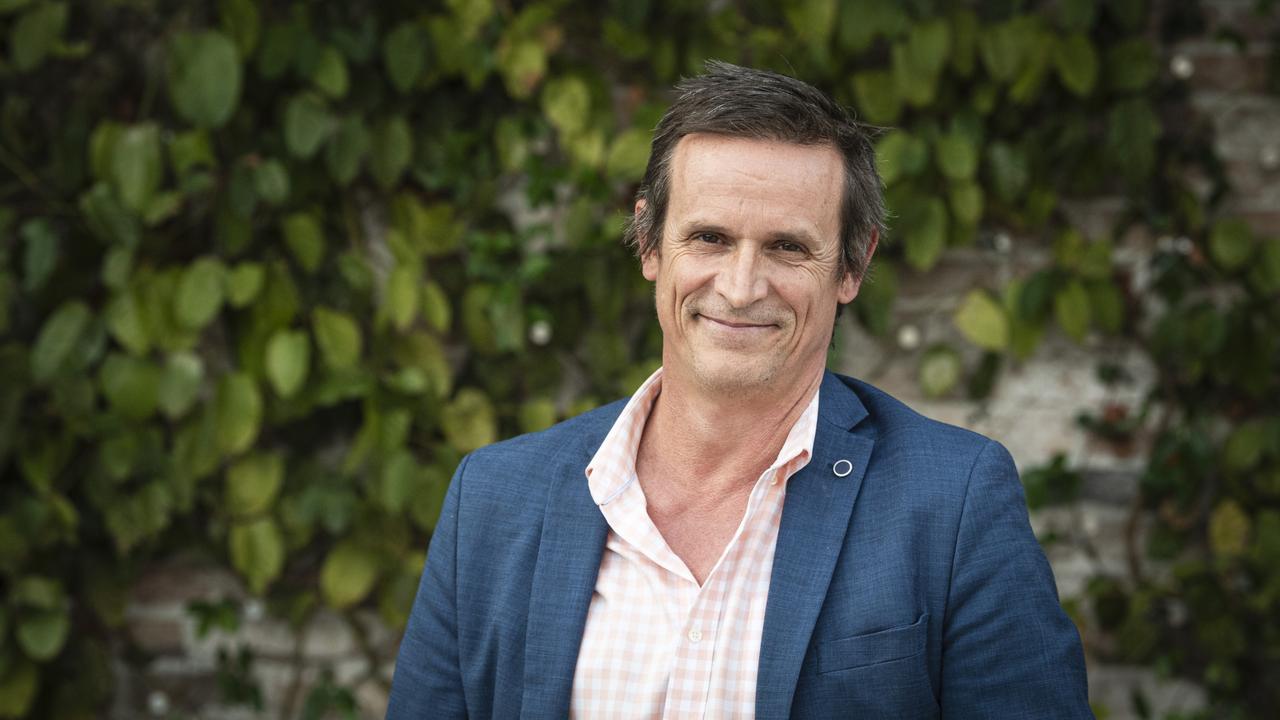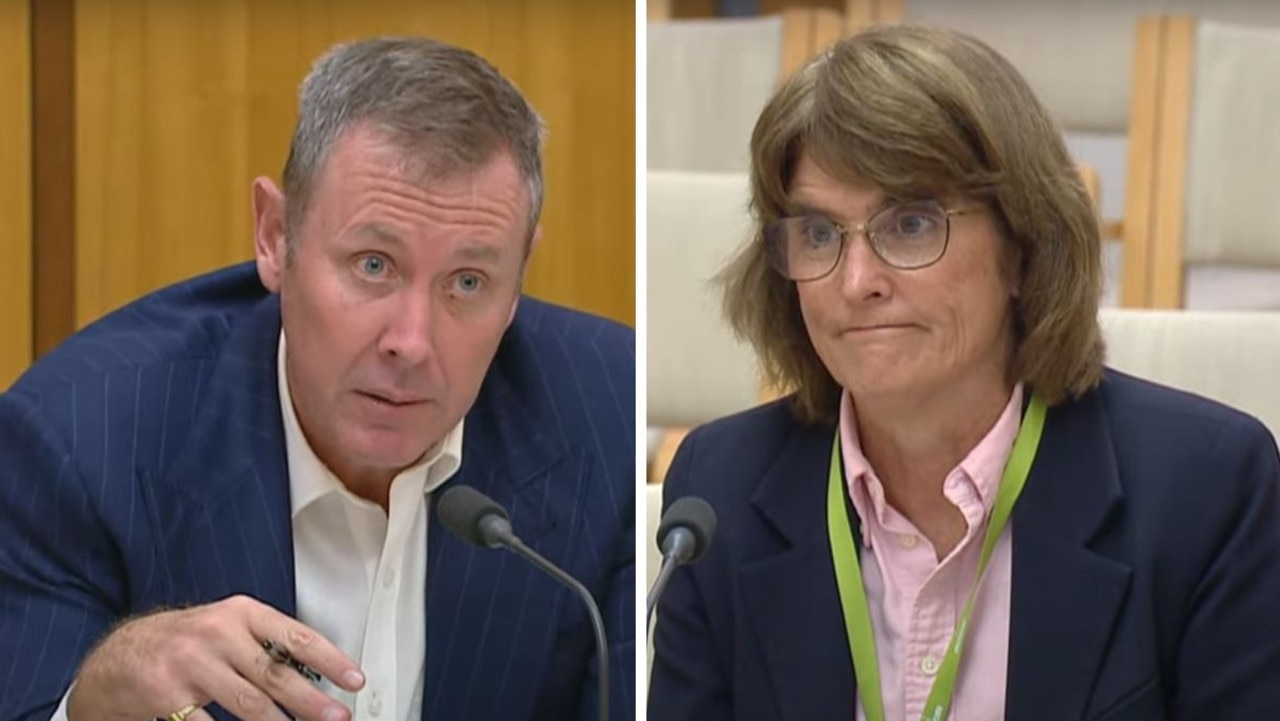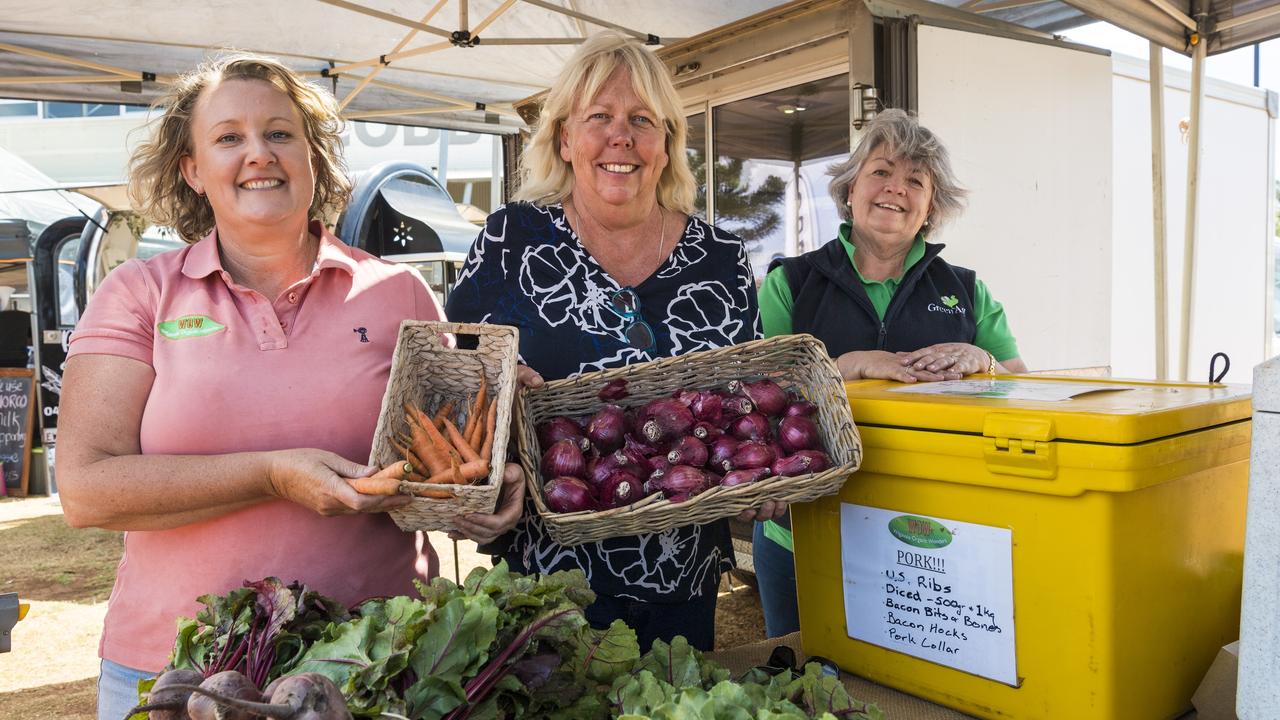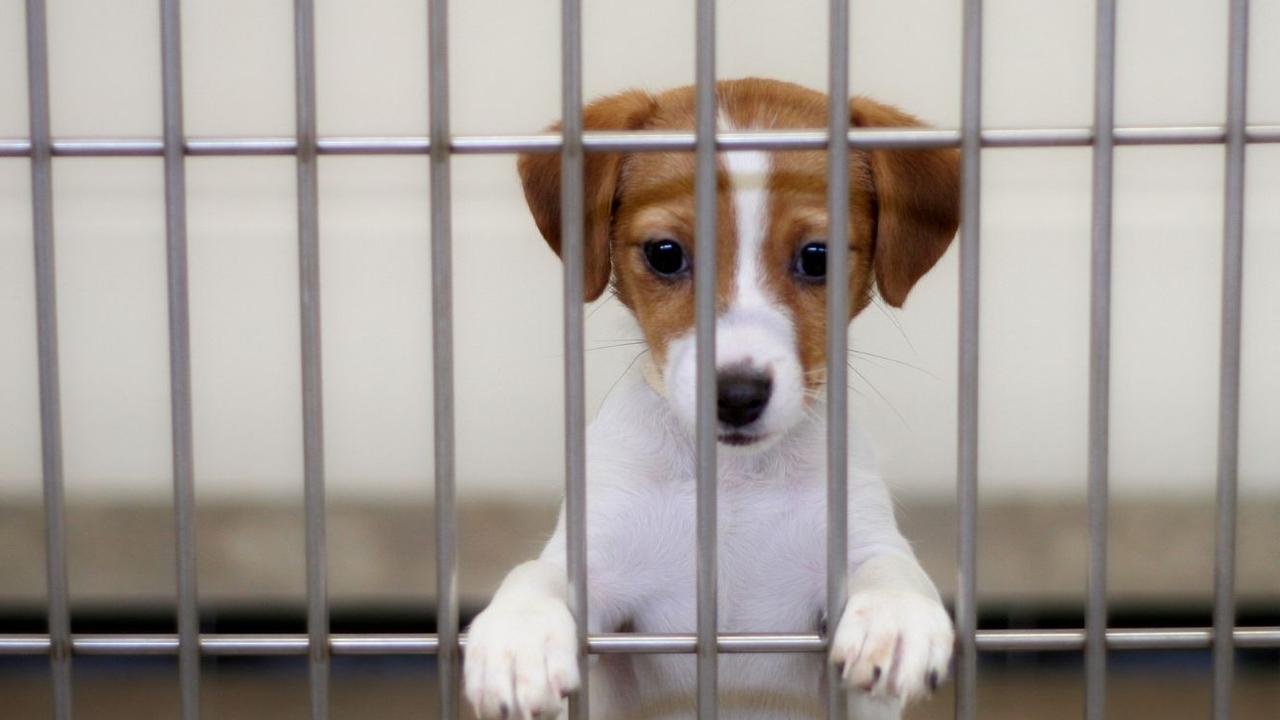Toowoomba Hospital, Darling Downs Health under fire from family after mother suffers stage four pressure wound
A Darling Downs family says their elderly mother has been left ’absolutely broken‘ by a pressure wound the size of a large orange – one she sustained in a regional hospital. WARNING: Graphic.
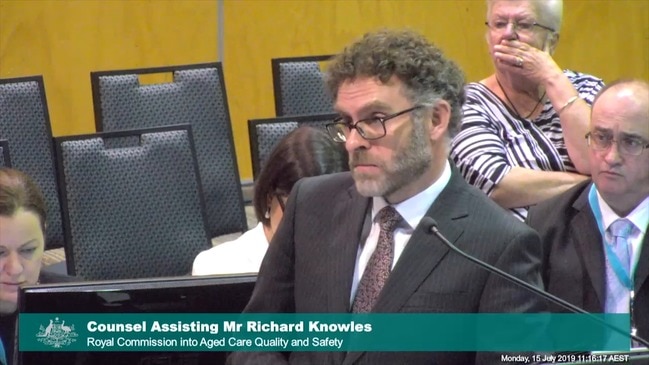
Toowoomba
Don't miss out on the headlines from Toowoomba. Followed categories will be added to My News.
Jenny Vietheer and her sisters recoiled in horror when they first saw their mother Elva’s pressure wound on the base of her spine.
It was the size of an orange, leaking fluids and exposing the inner muscles, nerves and even bones in her spine.
“I had to warn the girls (sisters Kerrie Develyn and Susan Dodt) after I took the photos of how graphic it was, I had to hold back the tears so mum and dad couldn’t see how I was,” the Oakey woman said describing the stomach-churning pictures.
“I was dumbfounded and shocked — this is my elderly, beautiful, vulnerable mother with a horrific injury.”
Ms Develyn went a step further, comparing her gaping wound to something one might see in “a horror movie”.
The serious stage four injury, which experts say almost certainly went down to the bone and could’ve killed the 78-year-old Darling Downs great-grandmother, occurred while she was in care for just over two weeks at Toowoomba Hospital earlier this year.
Now the trio want the hospital’s operator Darling Downs Health to continue paying for her in-home rehabilitation, which the hospital service abruptly stopped in September.
It has since been covered by Elva’s rapidly-shrinking My Aged Care package.
But the sisters say even this concession, which DDH has continued to reject, would do little to undo the toll the injury has had on Elva and their father Arthur.
“Mentally and physically, she has gone to hell. We haven’t got her back from it either,” Ms Vietheer admitted.
“She’s broken, absolutely broken — it’s broken all of us.”
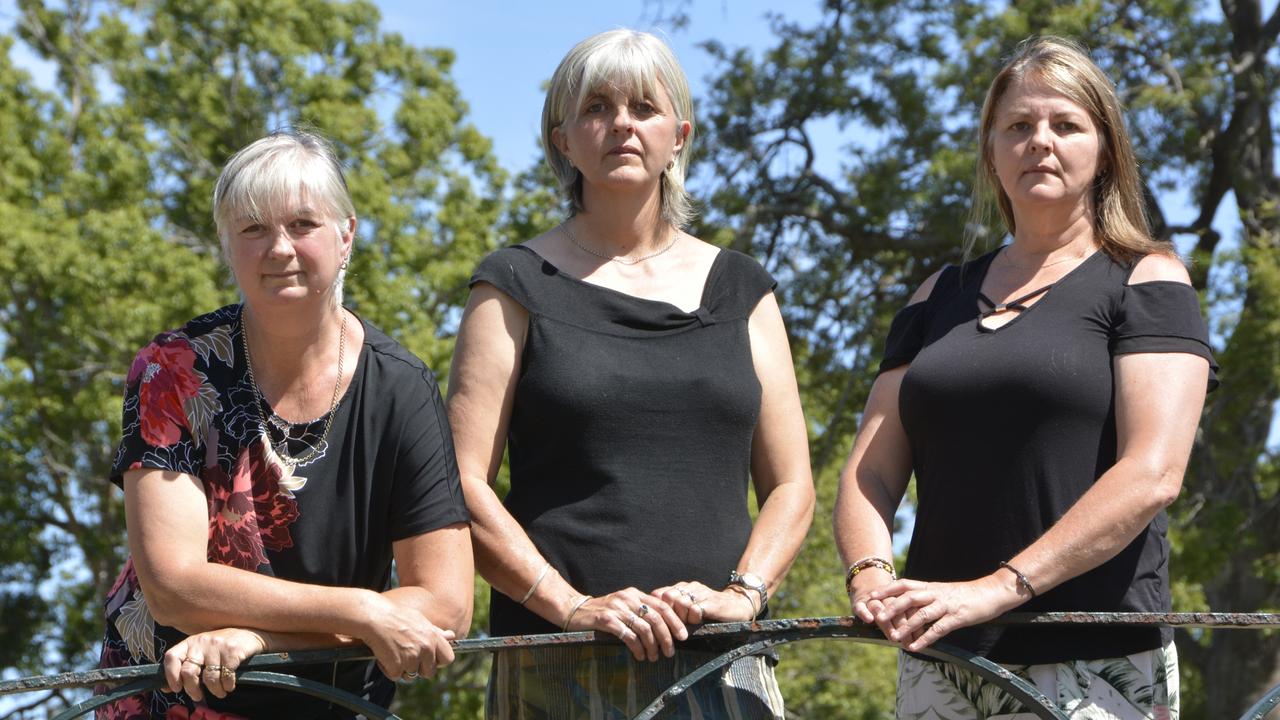
THE INJURY AND ITS IMPACTS
That Elva sustained the injury at the Toowoomba Hospital is not disputed, even by Darling Downs Health.
Hers was one of at least five pressure wounds the hospital has received complaints about since July 2020.
Elva entered St Vincent’s Private Hospital on April 3 for an unrelated issue, with discharge papers showing she left the East Toowoomba facility on April 5 (having being transferred to the public hospital after contracting Covid-19) with no pressure injury.
She arrived back at St Vincent’s, at the insistence of her family, on April 22 with the wound.
Letters from DDH to the family in October confirmed she had sustained the injury while in the hospital’s care.
Ms Vietheer first witnessed the sore on April 14 and was immediately concerned, but this worry escalated when the wound significantly worsened over the coming days.
The worsening occurred over the Easter long weekend.
“The wound is the size of a large orange,” she said in a letter to DDH on April 15.
After contacting the hospital the family finally convinced DDH to transfer her back to St Vincent’s.
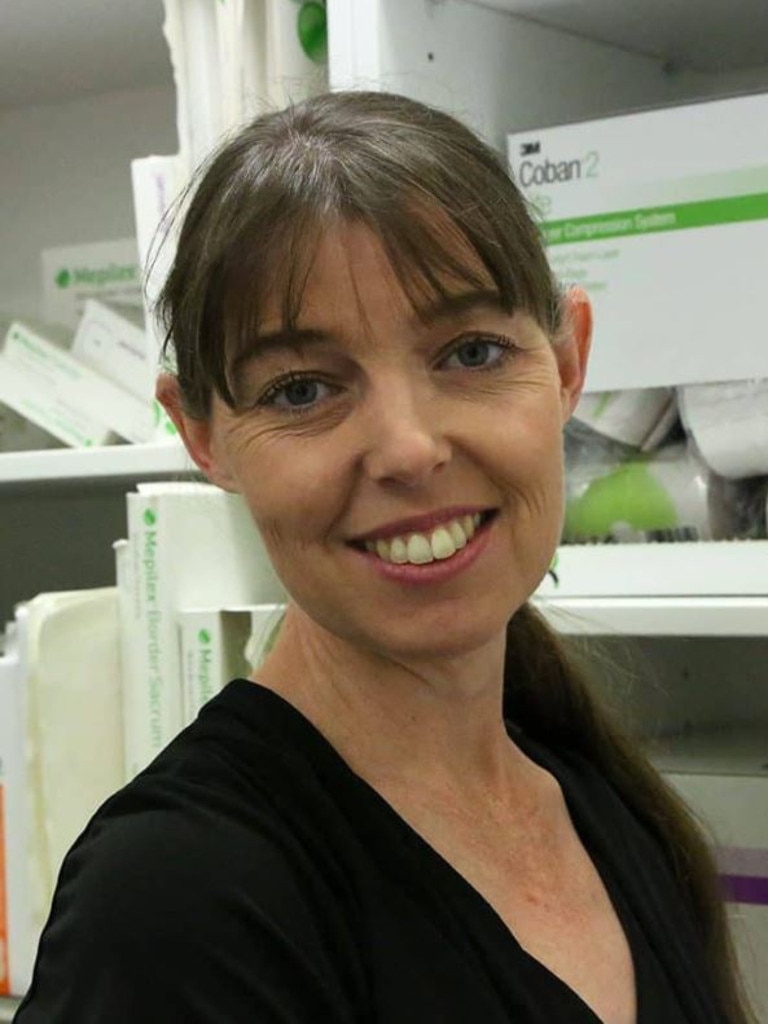
Brisbane-based wound care specialist Dr Michelle Gibb eventually diagnosed Elva’s injury as stage four, which is the most serious and is potentially fatal for elderly people.
“The most common types we see are stage three and four, as we get contacted when injuries become too difficult to treat normally,” she told The Chronicle.
“By May 30 we could diagnose it as stage four — you could see the muscles, meaning the damage had extended down to the muscles.
“There’s a higher probability that there was bone exposed — that is my strong suspicion.
“Because the person’s immune system is compromised, there is a risk that death is a very real probability, so she’s very lucky to have had a good outcome.”
Dr Gibb noted more than 90 per cent of pressure wounds were preventable by identifying a patient’s risk factors and adjusting the level of care required.
Ms Vietheer told the hospital in letters that Elva, who had lost mobility over the years but was still able to sit in a chair, had never had a pressure sore before.
Ms Dodt said being confined to a bed permanently not only emaciated her mother physically, but also devastated her mental health.
“Mum had very limited mobility before but she still had movement in her hands and legs, she used to go on a little exercise cycle and pedal on that,” she said.
“After, she shrunk into herself, her mental health was terrible — she said she wanted to die. “Because she had to be put on her side (as part of rehabilitation), her arms and shoulders were so painful.
“Her voice is getting quieter – it’s depression and her) giving up.”
The Chronicle asked DDH whether an investigation or review had been completed into what caused Elva’s pressure wound, but its response (available below) contained no answers.
HOSPITAL RESPONDS TO CALLS

In a response to a series of questions from The Chronicle, Darling Downs Health chief executive Annette Scott said it provided “extended in-home” services to Elva to help her recover from the pressure injury.
“This patient has not provided consent under the patient confidentiality legislation to discuss their care and treatment,” she said.
“We can confirm that the health service did provide extended, in-home care to this patient for several months.
“The health service typically provides very limited in-home services.
“Often services are provided for a short period of two weeks or less to enable patients, where suitable, to recover in their homes with the support of our clinicians.
“If we are unable to provide ongoing care to patients, especially when they are not inpatients of the hospital, we provide referrals to more suitable community care providers.”
Ms Scott said DDH welcomed feedback on its care.
“We encourage patients, clients and consumers, and their loved ones, to reach out to our consumer liaison service if they would like to provide feedback about their care and treatment,” she said.
“We are committed to receiving and responding to feedback about our services and engaging openly, where appropriate, with patients and their families.”
THE FIGHT FOR LONG-TERM REHABILITATION
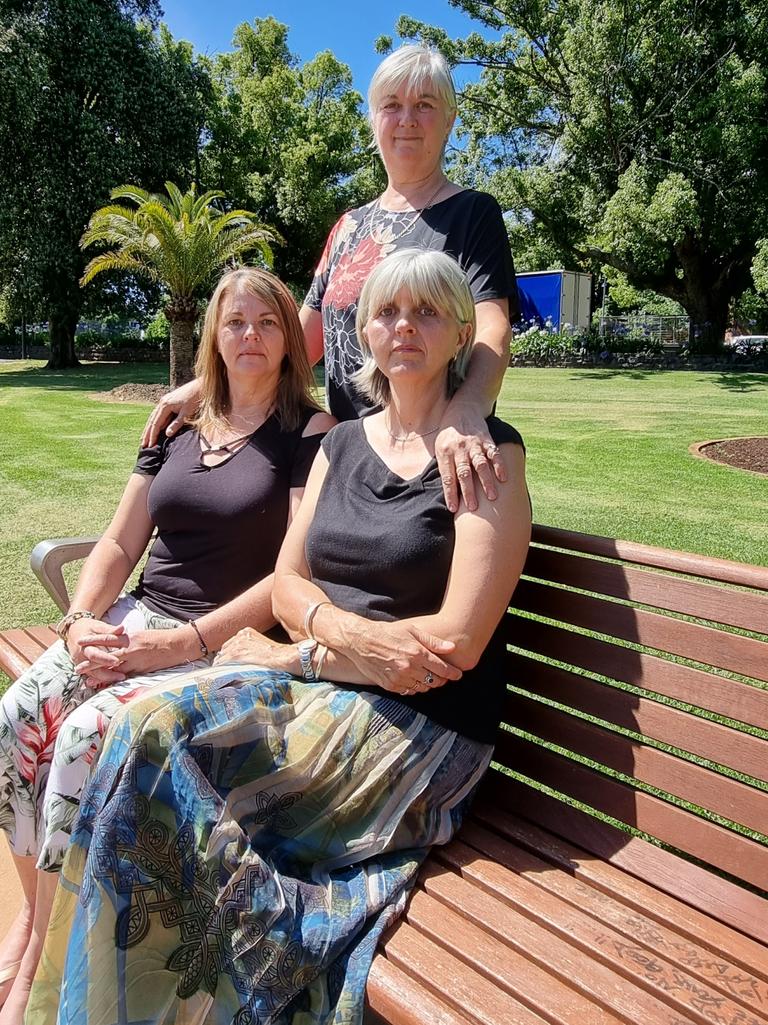
Elva’s family knew she faced a long road to recovery from such a severe wound.
Dr Gibb said not only could rehabilitation from a stage four pressure injury take years, but the risk of recurrence was quite high.
“Getting a stage four pressure wound to heal is difficult,” she said.
“The problem is the obvious wound has healed but the tissue has still been damaged underneath.
“It could take two to five years to get her back to a level of mobility (she had before).
“It’s unrealistic that she’ll reach full rehabilitation because her health has debilitated.
“While the wound has healed, she’s at extreme risk of that wound coming back again.”
The lengthy timeline for recovery was expressed by Ms Vietheer in emails to Darling Downs Health soon after the health service agreed to pay for in-home rehabilitation.
But the expectation of long-term rehab was dashed in September when DDH promptly pulled its services, with a letter from the service arguing that her wound had healed by that point.
Ms Vietheer said her mother was entitled to further care recommended by Dr Gibb, paid for by DDH.
“They should support mum in getting back to where she was, before they did all the damage,” she said.
“It was very traumatic and we had to live it.”
Ms Develyn said DDH had not shown accountability or remorse for what had occurred to Elva under its care.
“We don’t want mum to ever have to go back to that hospital, they’ve done the opposite of care for her,” she said.
“We have no faith in that hospital at all, which is really sad.
“They need to be accountable and it needs to go further – they do amazing things (at Toowoomba Hospital), but they should be accountable when they have harmed someone in their care.”




